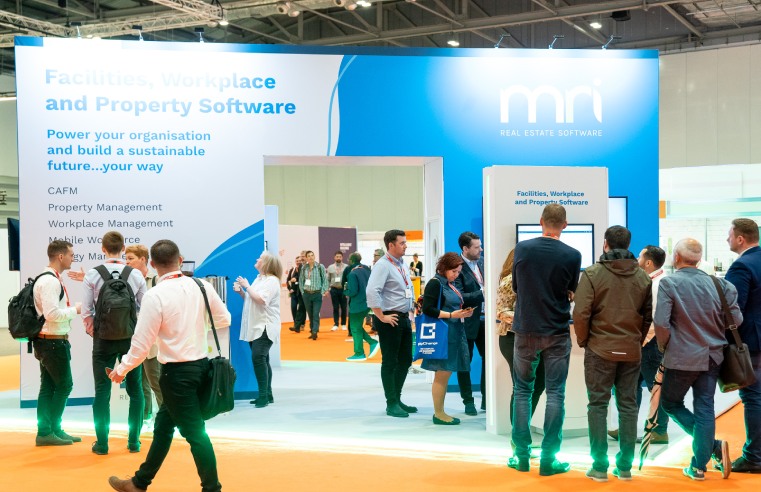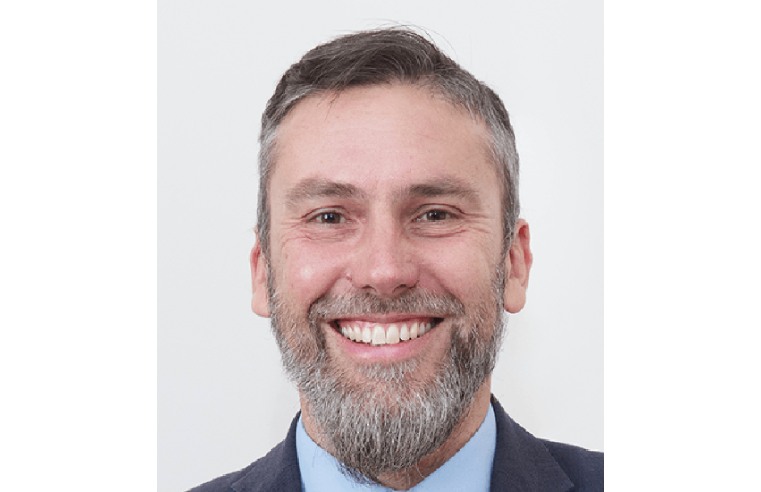A new report from the Sustainable Facilities Management Index (SFMI) has set out how the facilities management sector can assist in the post-pandemic recovery across three phases: restart, reset and reinvent.
Summarising the discussion from the most recent SFMI Leaders Forum, the white paper offers an overview of COVID-19’s impact on the built environment and offers numerous predictions and recommendations for FM service providers and client-side facilities managers moving forward.
Restart
Participants agreed that the FM sector would play a pivotal role in organisations’ reoccupation plans. FM will be responsible for implementing new hygiene and social distancing measures that ensure buildings are safe.
However, the function also has an opportunity to provide employees with the spaces, systems and support that they will need on their return to work. Organisations may also look to their FM teams to help employees learn new behaviours and adapt to the cultural changes, especially if significant elements of the workforce stay home.
The forum noted that home working is likely to continue for the foreseeable future, with multiple organisations unwilling to commit to a complete return to the office until there is a clear resolution to the pandemic. Participants suggested that FM could use this period to make improvements in environmental sustainability, measure occupancy and usage trends, assess risks, reduce energy and prevent future wasteful business practices.
Reset
Forum participants said that the pandemic had accelerated the digitalisation of their organisations, with teams now regularly communicating through video conferencing and performing tasks with digital tools. Some predicted that this transformation would spur the digitalisation of further process, reducing more paper waste in the long run.
The forum recommended that client organisations and FM service providers develop resilient and diverse supply chains to future-proof their business. A locally focussed approach would ensure the sustainability of contractors and subcontractors too.
From an environmental sustainability perspective, participants noted that organisations with serious zero-carbon goals would need to incorporate home working emissions into their carbon reporting. While the carbon output of home working remains an indirect scope three emissions category, this is likely to change if home working continues after the pandemic as many predict it will.
Reinvent
To support a more dispersed workforce, FM will need to focus on modular and people-centric services. Disruption, either through the pandemic or climate change, will impact organisations and individuals in different ways. Sustainable FM providers will need to understand these differences and develop solutions that support resilience and wellbeing.
As one of the world’s largest employers, forum members suggested that FM can assist in social mobility. With unemployment levels expected to rise in the coming months, the sector has an opportunity to get people back to work through entry-level placements and qualifications.
Importantly, participants agreed that the pandemic had strengthened the partnerships between FM service providers and clients, as they look for flexible and innovative ways out of the crisis. This is a lesson that stakeholders can take forward, particularly as threats of disruption become even more acute.
The SFMI Leaders Forum is a new initiative for SFMI partners and sustainability leaders to discuss the current challenges and solutions shaping sustainability in the FM sector. It will convene three times a year and share the insights from these discussions on its website.
The SFMI is an initiative set up by sustainability consultancy Acclaro Advisory to embed sustainability into the management and the operation of the FM sector. It operates the only sustainability benchmark for the UK FM sector by assessing the ESG performance of FM service providers annually. Acclaro’s team conducts independent assessments across 23 criteria, including sustainability frameworks, management systems, energy, water, compliance, health & safety, employee development, diversity, and more.
Chris Havers, Programme Director of the SFMI, said: “We are delighted by the engagement that the SFMI Leaders Forum has brought. Reaching out and learning from peers is crucial, especially in these times of working in isolation. To have professionals from outsourced service providers and professionals who are running property on behalf of their organisations feature demonstrates excellent collaboration.
“No one knows what the future holds. But reflecting on the challenges and successes of this pandemic period will help the FM industry adapt, build resilience and reinvent itself."



































